Overcoming Apathy: Gospel Hope for Those Who Struggle to Care
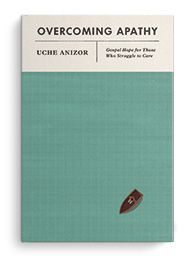
Uche Anizor
Associate Professor and Chair; Undergraduate Theology
Crossway, April 2022
For many Christians, apathy can feel inescapable. They experience a lack of motivation and a growing indifference to important things, with some even struggling to care about anything at all. This listlessness can spill over into our spiritual lives, making it difficult to pray, read the Bible, or engage in our communities. Have we resigned ourselves to apathy? Do we recognize it as a sin? How can we fight against it? In Overcoming Apathy, theology professor Uche Anizor explains what apathy is and gives practical, biblical advice to break the cycle. Inspired by his conversations with young Christians as well as his own experiences with apathy, Anizor takes a fresh look at this widespread problem and its effect on spiritual maturity.
Philosophical Essays on Divine Causation (Routledge Studies in the Philosophy of Religion)
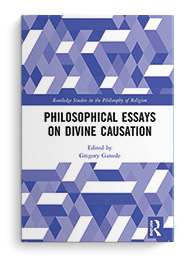
Greg Ganssle
Professor of Philosophy
Routledge, December 2021
This book discusses various aspects of GodŌĆÖs causal activity. Traditional theology has long held that God acts in the world and interrupts the normal course of events by performing special acts. Although the tradition is unified in affirming that God does create, conserve, and act, there is much disagreement about the details of divine activity. The chapters in this book fruitfully explore these disagreements about divine causation. The chapters are divided into two sections. The first explores historical views of divine causal activity from the Pre-Socratics to Hume. The second section addresses a variety of contemporary issues related to GodŌĆÖs causal activity. These chapters include defenses of the possibility of special acts of God, proposals of models of divine causation, and analyses of divine conservation.
The Destruction of the Canaanites: God, Genocide, and Biblical Interpretation
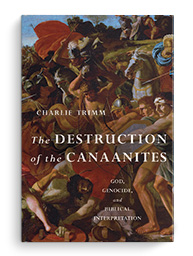
Charlie Trimm
Associate Professor and Chair, Old Testament
Eerdmans, March 2022
In this short, accessible offering, Charlie Trimm provides the resources needed to make sense of one of the BibleŌĆÖs most difficult ethical problems ŌĆö the Israelite destruction of the Canaanites as told in the books of Deuteronomy, Joshua, and Judges. Trimm begins with a survey of important background issues, including the nature of warfare in the ancient Near East, the concept of genocide (with perspectives gleaned from the field of genocide studies), and the history and identity of the Canaanite people. With this foundation in place, he then introduces four possible approaches to reconciling biblical violence. The depth of material provided in concise form makes TrimmŌĆÖs book ideal as a supplementary textbook or as a primer for any Christian perturbed by the stories of the destruction of the Canaanites in the Old Testament.
God Reforms Hearts: Rethinking Free Will and the Problem of Evil
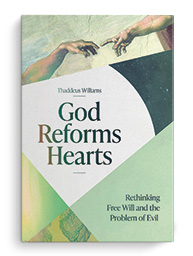
Thaddeus Williams
Associate Professor of Theology
Lexham Academic, August 2021
Evil is a theological problem for all Christians. When responding to objections that both evil and God can exist, many resort to a ŌĆ£free will defense,ŌĆØ where God is not the creator of evil but of human freedom, by which evil is possible. This response is so pervasive that it is just as often assumed as it is defended. But is this answer biblically and philosophically defensible? In God Reforms Hearts, Thaddeus J. Williams offers a friendly challenge to the central claim of the free will defense ŌĆö that love is possible only with true (or libertarian) free will. With clarity, precision, and charity, Williams judges the merits and shortcomings of the relational free will defense while offering a philosophically and biblically robust alternative that draws from theologians of the past to point a way forward.
 51┬▄└“
51┬▄└“
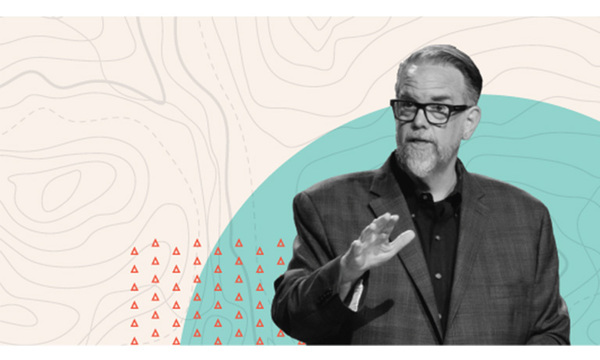


.jpg)